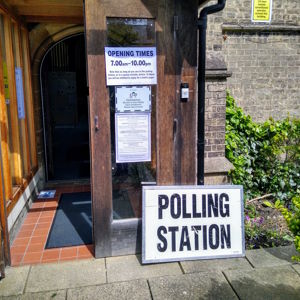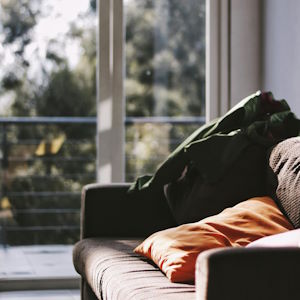An emergency is a situation or incident that threatens serious damage to human welfare.
A major incident is one with a range of serious consequences. It needs one or more response agencies to put in place special arrangements.
They include fires, transport disasters, chemical incidents, flooding, flu pandemics, and terrorist attacks.
If you witness something that you think will cause an emergency, do not put yourself in danger. Phone 999 if you can, to alert the emergency services – try to remain calm and provide your precise location.
- Check for flooding in Cambridge or find out what to do in a flood.
- Read the GOV.UK flooding advice.
- Search, track and report power cuts or sign up for text alerts about future power cuts.
- Report an electrical hazard or power cut to your local electricity companyor call 105 for free.
- Report a gas leak to the National Grid.
- Report an overflowing sewer to your water company.
Prepare for an emergency
Consider keeping the following items in your home in case of an emergency.
- Canned food and bottled water.
- Torches and batteries
- A portable radio and batteries.
- A portable phone charger or power bank.
Our role during emergencies and major incidents
We are a ‘Category 1 responder’, so we always have an officer on call in case of an emergency.
We are part of the Cambridge and Peterborough Local Resilience Forum (CPLRF). The forum plans for, mitigates and responds to all emergencies and major incidents. It also undertakes training and exercises to ensure it is ready for one.
Our role during an emergency or major incident is to:
- support the emergency services in all areas of their work
- respond to any given incident and provide emergency shelter to evacuees
- help to maintain essential services
- help the community return to a state of normality as quickly as possible
During an emergency
The emergency services will issue information and instructions through the media. They will announce when it is safe to go outside and what actions to take or avoid.
Try to keep phone lines free for use by the emergency services.
Listen to your local radio stations or watch your local television channel. Local radio stations include:
- BBC Radio Cambridgeshire: 95.7 to 96 FM
- Heart: 103.0 FM
- Star Radio: 107.9 FM
If you have power and an internet connection, check for information online. We will publish information on this website throughout the emergency if we can.
Share any information you hear with your neighbours if it’s safe, especially if they are elderly or vulnerable.
You might be asked to stay indoors and close outside doors and windows.
If the police ask you to leave your home, follow their instructions. Your safety is their main responsibility, and they will know more about the level of danger than you do. They will probably ask you to go to a rest centre – tell somebody if you decide to go elsewhere.
If there is time, take warm clothing, special food for young children, and any medicine you need. Turn off gas and electrical appliances and extinguish any fires.
If you have pets, keep them indoors if you can but do not look for them if they are outside when an emergency is announced. Do not touch any animals that have been outside.
If you need to visit a restricted area to feed or care for livestock or horses, contact the police first. They will make the necessary arrangements.
Air crashes
An air crash can disrupt transport links, utilities, and other services like mobile telephone systems. Stay away from the area and restrict telephone calls.
A burning plane can release toxic fumes and could explode, so you must:
- follow the advice of the emergency services
- stay away from the immediate area
- stay upwind
- not touch any debris
Toxic gas leaks
In the event of a toxic gas leak or radioactive clouds:
- follow the advice of the emergency services
- turn off air conditioning and ventilation fans
- extinguish all flames, including pilot lights
- put away or cover all fresh food
- have emergency provisions ready
Do not go outside until you are told it is safe to do so.
Radiation leaks
During a radiation leak you will not see, smell, or feel anything different. You should:
- follow the advice of the emergency services
- stay indoors
- not use rainwater – it might look normal but could be dangerous to drink or wash with
- not use leafy vegetables or food that is difficult to wash
- not try to collect your children from school unless told to do so – they will be looked after


